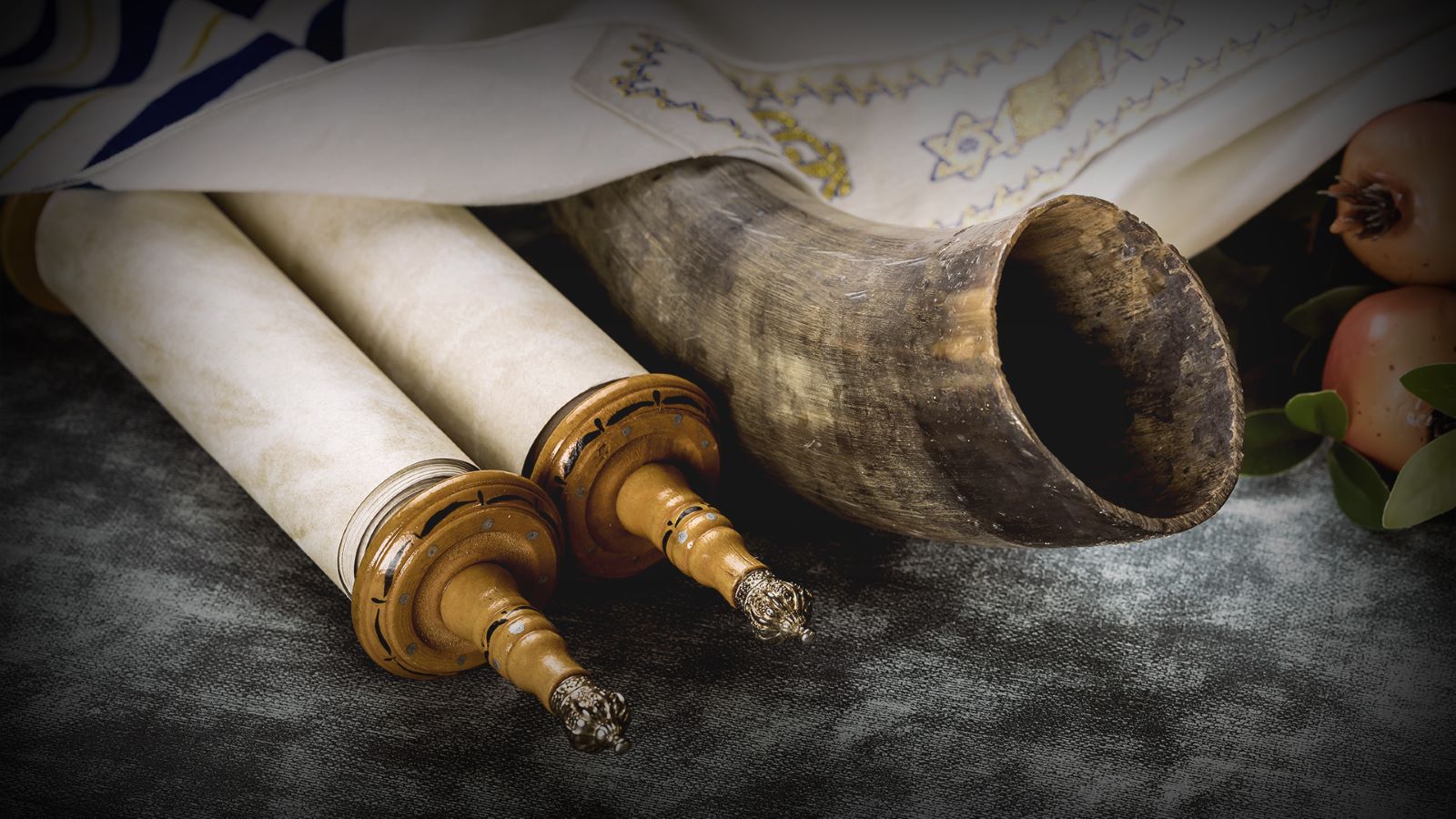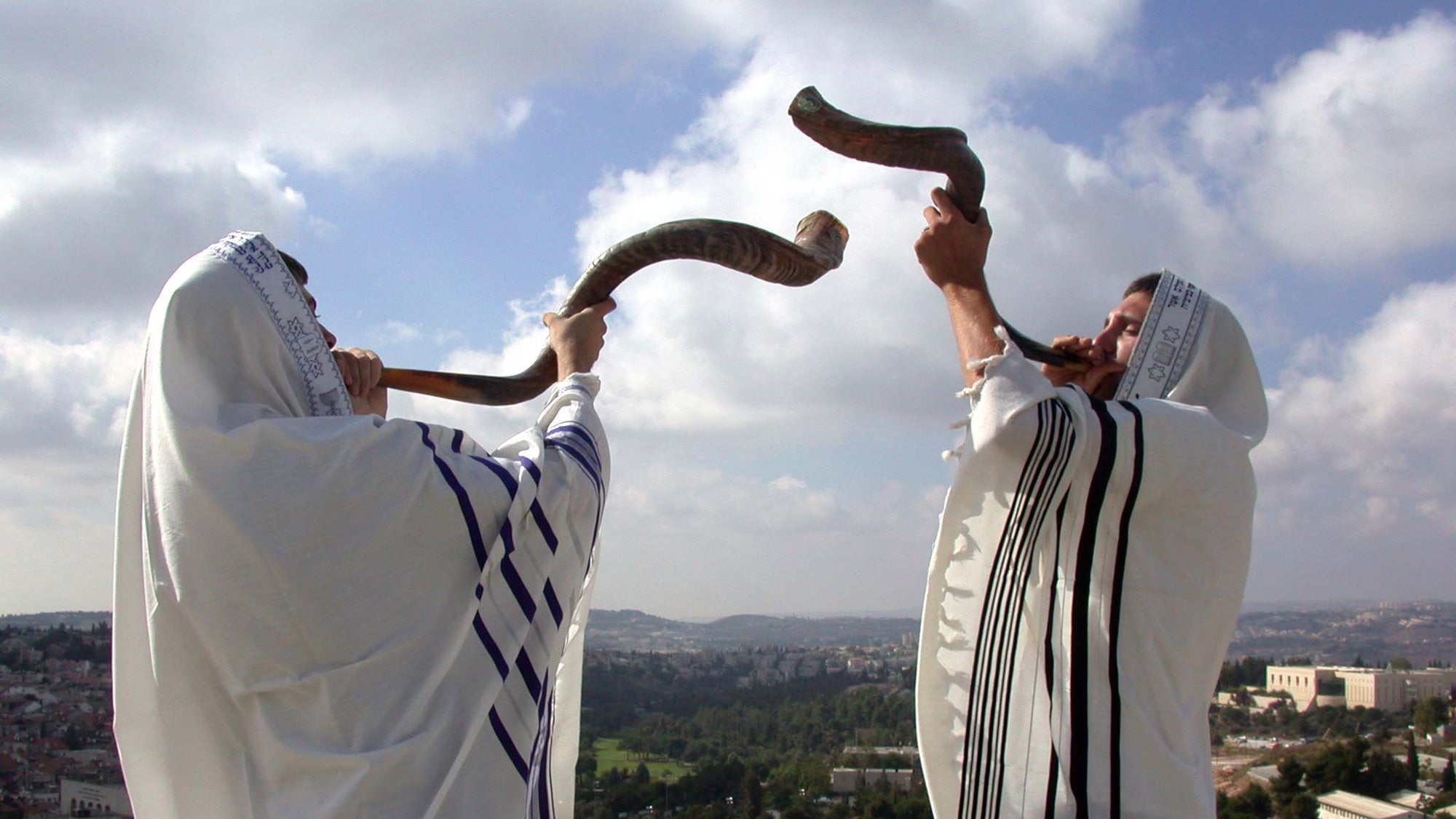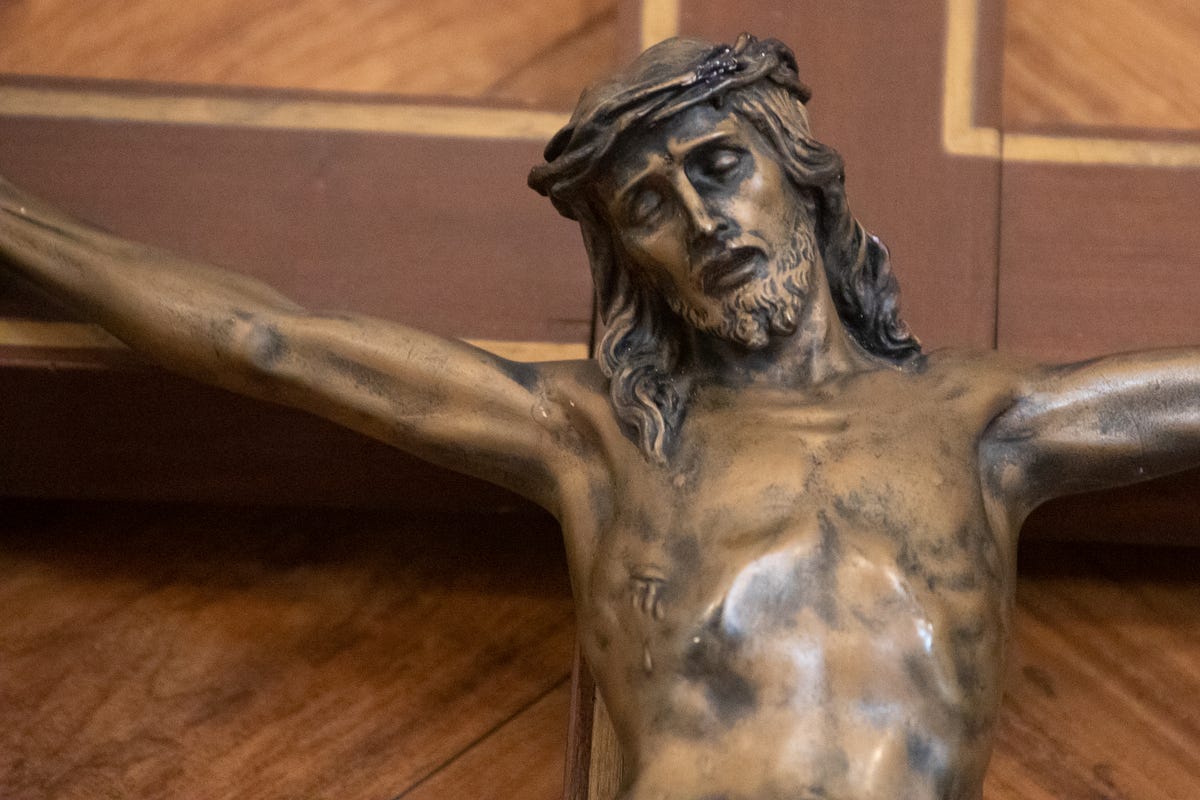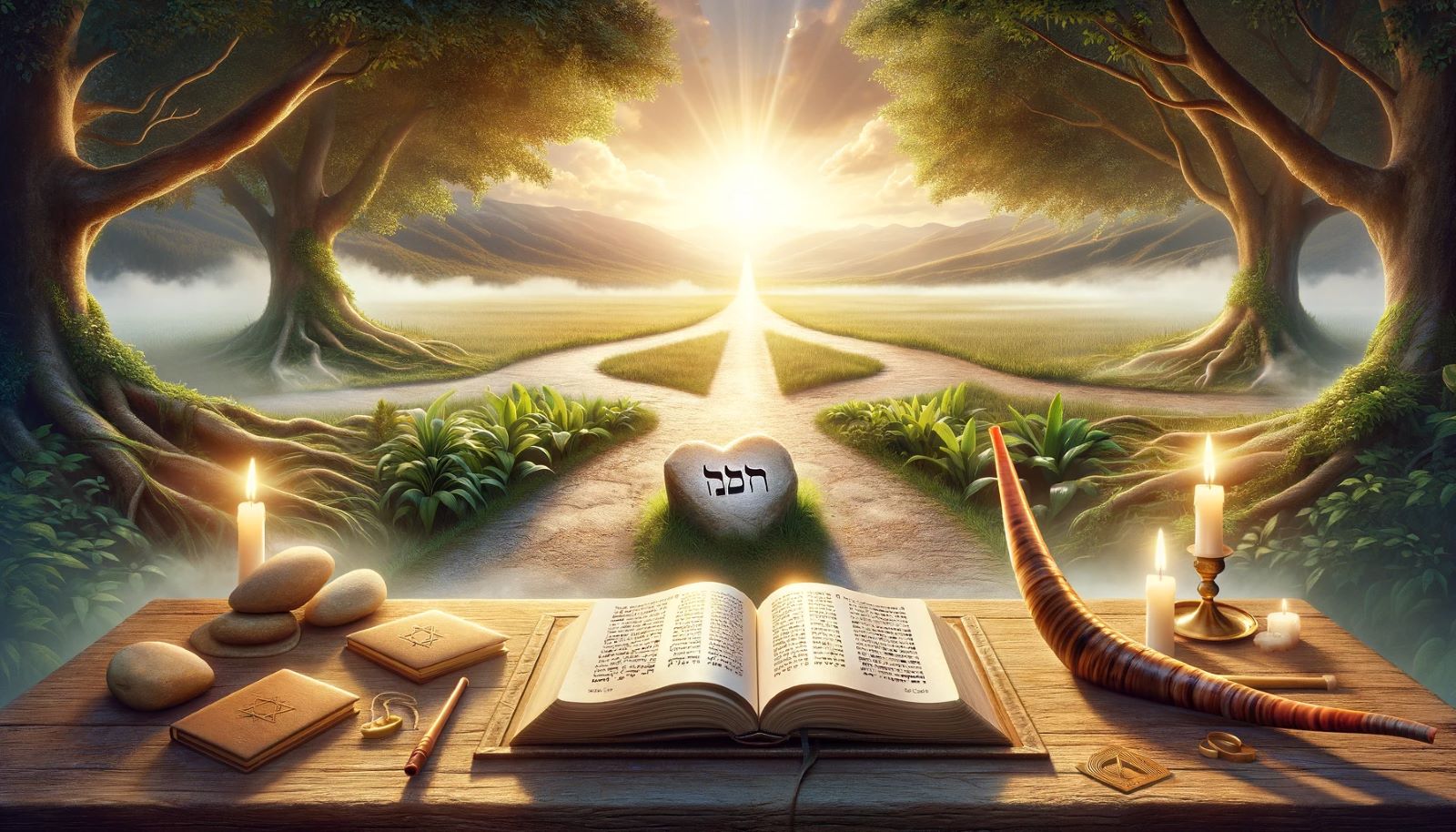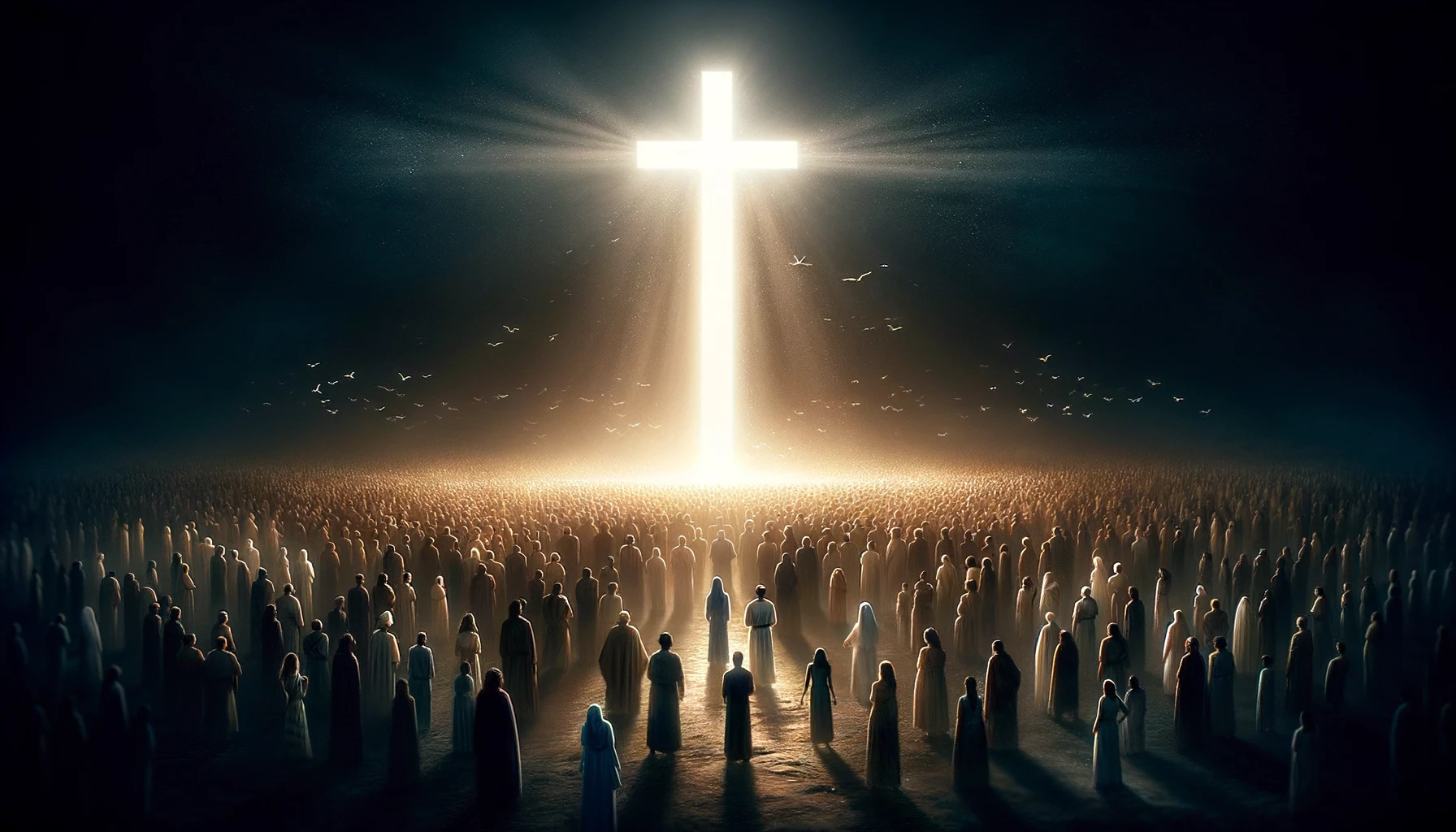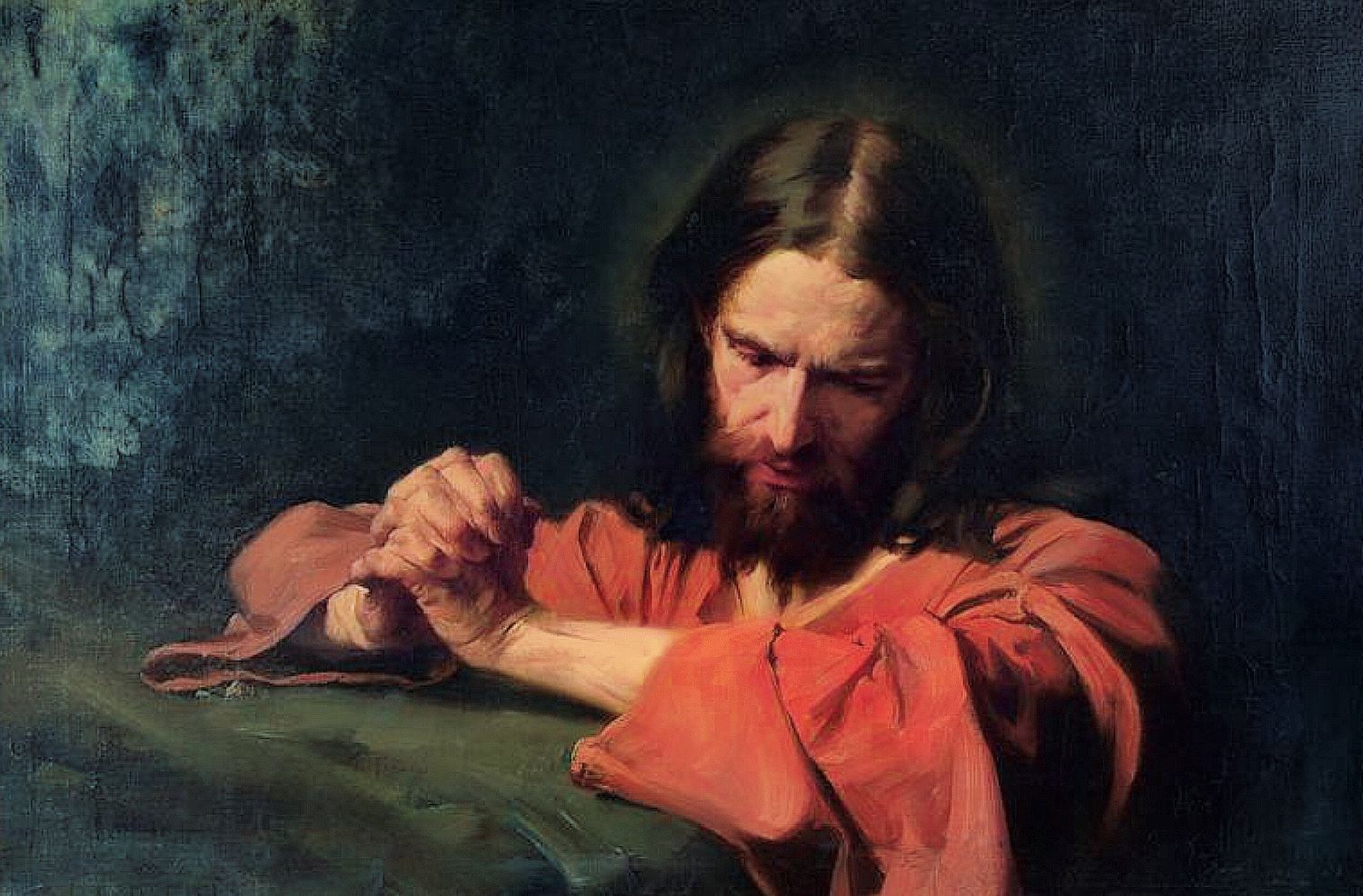Home>Theology and Spirituality>What Is A Day Of Atonement
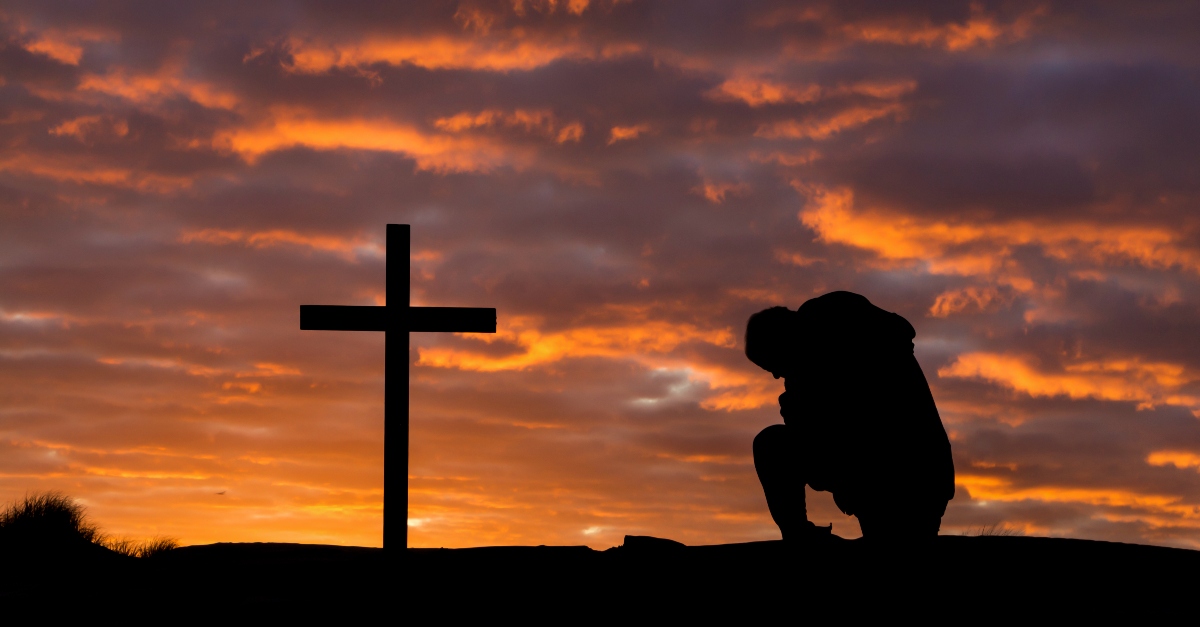

Theology and Spirituality
What Is A Day Of Atonement
Published: February 9, 2024
Jason DeRose, Managing Editor at Christian.net, uses his expertise in religion and journalism to deepen understanding of faith's societal impacts. His editorial leadership, coupled with a strong academic background, enriches the platform’s diverse content, earning him recognition in both journalism and religious circles.
Discover the significance and traditions of the Day of Atonement in theology and spirituality. Learn about its spiritual importance and observances.
(Many of the links in this article redirect to a specific reviewed product. Your purchase of these products through affiliate links helps to generate commission for Christian.net, at no extra cost. Learn more)
Table of Contents
Introduction
The Day of Atonement, also known as Yom Kippur in Hebrew, is a significant and solemn occasion observed by the Jewish community. This sacred day holds deep spiritual and historical significance, marking a period of introspection, repentance, and reconciliation. It is considered the holiest day in the Jewish calendar, emphasizing the themes of atonement, forgiveness, and spiritual renewal.
Yom Kippur is a time for individuals to reflect on their actions, seek forgiveness from both divine and human sources, and strive to make amends for any wrongdoings. The observance of this day is characterized by fasting, prayer, and abstaining from various activities as a means of demonstrating sincere repentance and devotion.
This annual day of introspection serves as a powerful reminder of the importance of humility, compassion, and the pursuit of spiritual purity. It provides an opportunity for individuals to engage in deep self-examination, acknowledging their shortcomings and committing to personal growth and moral improvement.
The significance of the Day of Atonement extends beyond the boundaries of religious observance, resonating with universal themes of forgiveness, reconciliation, and the pursuit of inner peace. It serves as a poignant reminder of the human capacity for transformation and the enduring value of seeking forgiveness and extending grace to others.
As we delve into the history, practices, and modern-day observance of Yom Kippur, we will gain a deeper understanding of the profound impact this sacred day has had on individuals and communities throughout history. The timeless lessons embodied in the observance of the Day of Atonement continue to inspire and resonate with people from diverse cultural and spiritual backgrounds, offering invaluable insights into the human experience and the pursuit of spiritual wholeness.
Read more: What Is The Purpose Of The Day Of Atonement
History of the Day of Atonement
The history of the Day of Atonement, or Yom Kippur, can be traced back to ancient times, with its origins deeply rooted in the religious and cultural traditions of the Jewish people. The significance of this sacred day is intricately woven into the fabric of Jewish history, serving as a testament to the enduring resilience and faith of the community.
Yom Kippur finds its earliest mention in the biblical text of Leviticus, where it is described as a day of solemn rest and affliction of the soul. The observance of this day is characterized by a set of rituals and practices aimed at achieving spiritual purification and reconciliation with the divine. The biblical narrative emphasizes the importance of seeking forgiveness for transgressions and purifying oneself from impurities, both physical and spiritual.
Throughout the centuries, the observance of Yom Kippur has evolved, reflecting the historical experiences and challenges faced by the Jewish people. It has endured periods of exile, persecution, and dispersion, yet has remained a steadfast symbol of spiritual resilience and unwavering commitment to faith.
The historical significance of Yom Kippur is also intertwined with the narrative of the ancient Temple in Jerusalem. During the time of the Temple, the High Priest played a central role in the atonement rituals, entering the Holy of Holies to seek forgiveness on behalf of the entire community. The rituals performed on Yom Kippur were deeply symbolic, representing the collective repentance and yearning for divine mercy.
Following the destruction of the Second Temple in 70 CE, the observance of Yom Kippur underwent a transformation, adapting to the changing circumstances of Jewish life. The essence of the day, however, remained unchanged – a time for introspection, repentance, and seeking reconciliation with the divine.
The historical journey of the Day of Atonement reflects the enduring commitment of the Jewish people to uphold their spiritual traditions and seek reconciliation with the divine. It stands as a testament to the resilience and faith of a community that has navigated through the ebb and flow of history, holding fast to the timeless values embodied in the observance of Yom Kippur.
Significance of the Day of Atonement
The Day of Atonement, or Yom Kippur, holds profound significance within the Jewish faith and beyond, embodying timeless themes of repentance, forgiveness, and spiritual renewal. This sacred day serves as a powerful reminder of the human capacity for introspection, transformation, and the pursuit of reconciliation with the divine.
At the heart of the significance of Yom Kippur lies the concept of atonement, which encompasses the process of seeking forgiveness for transgressions and striving to make amends for past wrongdoings. The observance of this day underscores the fundamental belief in the possibility of spiritual renewal and the transformative power of sincere repentance.
Yom Kippur also serves as a poignant reminder of the value of humility and self-reflection. It encourages individuals to engage in deep introspection, acknowledging their imperfections and committing to personal growth and moral improvement. The act of seeking forgiveness, both from the divine and from fellow human beings, underscores the importance of accountability and the willingness to take responsibility for one's actions.
Furthermore, the significance of the Day of Atonement extends to the broader theme of reconciliation. It emphasizes the profound need for healing and restoration, both on a personal and communal level. The rituals and prayers associated with Yom Kippur underscore the universal yearning for harmony and the restoration of spiritual wholeness.
From a spiritual perspective, Yom Kippur represents a unique opportunity for individuals to engage in a process of spiritual purification and renewal. The act of fasting, refraining from work, and engaging in prayer and reflection creates an environment conducive to deep spiritual introspection and connection with the divine.
Moreover, the significance of Yom Kippur transcends religious boundaries, resonating with universal themes of forgiveness, compassion, and the pursuit of inner peace. It serves as a compelling reminder of the enduring human quest for spiritual wholeness and the timeless value of seeking forgiveness and extending grace to others.
In essence, the Day of Atonement holds profound significance as a time for introspection, repentance, and reconciliation. It embodies the enduring human aspiration for spiritual renewal and the pursuit of inner peace, offering invaluable insights into the universal themes of forgiveness, humility, and the transformative power of sincere repentance.
Observance and Practices
The observance of the Day of Atonement, or Yom Kippur, is characterized by a profound sense of solemnity and spiritual introspection. This sacred day is marked by a series of practices and rituals that embody the themes of repentance, forgiveness, and reconciliation within the Jewish tradition.
Central to the observance of Yom Kippur is the practice of fasting, which extends for a period of approximately 25 hours, beginning at sundown and concluding after nightfall the following day. The act of refraining from food and drink serves as a symbolic demonstration of devotion and self-discipline, creating an environment conducive to deep spiritual reflection and connection with the divine.
In addition to fasting, the observance of Yom Kippur also entails abstaining from other physical comforts, including the avoidance of wearing leather shoes, bathing, anointing oneself with oils, and engaging in marital relations. These practices serve to emphasize the solemn nature of the day and the commitment to spiritual purification and self-denial.
The act of prayer holds significant importance during Yom Kippur, with the day featuring an extended and intensive liturgical service. The prayers offered during this time focus on themes of repentance, forgiveness, and the yearning for divine mercy. The haunting melody of the Kol Nidre prayer, chanted at the onset of Yom Kippur, sets the tone for the solemnity and introspection that characterize the day.
Another prominent feature of the observance of Yom Kippur is the recitation of the Vidui, or the confessional prayers. These prayers provide individuals with an opportunity to collectively acknowledge their transgressions and seek forgiveness from the divine. The act of communal confession underscores the universal need for accountability and the pursuit of spiritual renewal.
The rituals associated with Yom Kippur also include the sounding of the shofar, a traditional musical instrument made from a ram's horn. The piercing sound of the shofar serves as a call to repentance, evoking a sense of urgency and awakening individuals to the solemnity of the day.
Furthermore, the observance of Yom Kippur culminates in a collective affirmation of faith and commitment to spiritual renewal. The day concludes with a final prayer service, known as Ne'ilah, during which the gates of repentance are believed to be closing. This poignant moment symbolizes the culmination of the day's introspective journey and the fervent appeal for divine mercy and forgiveness.
In essence, the observance of Yom Kippur is characterized by a series of practices and rituals that underscore the themes of repentance, forgiveness, and spiritual renewal. The day serves as a powerful reminder of the human capacity for introspection and transformation, offering a profound opportunity for individuals to seek reconciliation with the divine and strive for personal and communal healing.
Modern Day Observance
In contemporary times, the observance of the Day of Atonement, or Yom Kippur, continues to hold profound significance within the Jewish community, embodying enduring themes of introspection, repentance, and spiritual renewal. The modern-day observance of Yom Kippur reflects a dynamic interplay between tradition and adaptation, as individuals and communities seek to uphold the timeless values of the sacred day while navigating the complexities of the modern world.
One notable aspect of the modern-day observance of Yom Kippur is the diverse range of expressions and interpretations of the sacred day. While traditional practices such as fasting, prayer, and abstention from work remain central to the observance, contemporary interpretations of Yom Kippur also encompass a broader spectrum of spiritual and communal engagements. This includes the incorporation of innovative prayer services, communal gatherings, and educational programs aimed at fostering a deeper understanding of the significance of the day.
In addition, the observance of Yom Kippur in modern times reflects an increased emphasis on the relevance of its themes beyond the confines of religious observance. The universal themes of forgiveness, reconciliation, and the pursuit of inner peace embodied in Yom Kippur resonate with individuals from diverse cultural and spiritual backgrounds, offering valuable insights into the human experience and the enduring quest for spiritual wholeness.
Furthermore, the modern-day observance of Yom Kippur also encompasses a renewed focus on social justice and communal responsibility. Many Jewish communities utilize the occasion of Yom Kippur to engage in acts of tzedakah (charitable giving) and community service, emphasizing the imperative of addressing societal inequities and extending compassion to those in need. This contemporary interpretation of Yom Kippur underscores the enduring relevance of its themes in addressing contemporary social and ethical challenges.
Moreover, the modern-day observance of Yom Kippur reflects the integration of technology and digital platforms to facilitate communal engagement and participation in the sacred day's rituals and services. This adaptation allows individuals to connect with their faith community, participate in prayer services, and access educational resources, thereby fostering a sense of unity and spiritual connection despite physical distances.
In essence, the modern-day observance of Yom Kippur embodies a dynamic interplay between tradition and adaptation, reflecting the enduring relevance of its themes in addressing contemporary spiritual, ethical, and communal challenges. The observance of Yom Kippur continues to serve as a powerful reminder of the human capacity for introspection, transformation, and the pursuit of reconciliation with the divine, resonating with individuals and communities across diverse cultural and spiritual landscapes.
Read more: When Is The Day Of Atonement For 2024
Conclusion
The Day of Atonement, or Yom Kippur, stands as a timeless testament to the enduring human quest for spiritual renewal, reconciliation, and the pursuit of inner peace. From its ancient origins rooted in the religious and cultural traditions of the Jewish people to its modern-day observance, Yom Kippur embodies profound themes of introspection, repentance, and the yearning for divine mercy.
Throughout history, the observance of Yom Kippur has served as a poignant reminder of the human capacity for transformation and the enduring value of seeking forgiveness and extending grace to others. The rituals and practices associated with Yom Kippur, including fasting, prayer, and communal confession, underscore the universal need for accountability, reconciliation, and the pursuit of spiritual wholeness.
The historical journey of Yom Kippur reflects the resilience and faith of the Jewish community, enduring through periods of exile, persecution, and dispersion, yet steadfastly upholding the sacred traditions of the day. The significance of Yom Kippur extends beyond religious boundaries, resonating with universal themes of forgiveness, compassion, and the pursuit of inner peace.
In modern times, the observance of Yom Kippur continues to evolve, embracing diverse expressions and interpretations while upholding the timeless values of the sacred day. The integration of technology, the emphasis on social justice, and the broader engagement with universal themes of forgiveness and reconciliation reflect the enduring relevance of Yom Kippur in addressing contemporary spiritual, ethical, and communal challenges.
As we reflect on the profound significance of Yom Kippur, we are reminded of the enduring human quest for spiritual wholeness and the timeless value of seeking forgiveness and extending grace to others. The observance of Yom Kippur serves as a powerful testament to the human capacity for introspection, transformation, and the pursuit of reconciliation with the divine, resonating with individuals and communities across diverse cultural and spiritual landscapes.
In essence, the Day of Atonement, or Yom Kippur, continues to inspire and resonate with people from all walks of life, offering invaluable insights into the human experience and the enduring quest for spiritual renewal. Its enduring message of forgiveness, reconciliation, and the pursuit of inner peace transcends time and tradition, embodying the universal aspirations of the human spirit.


